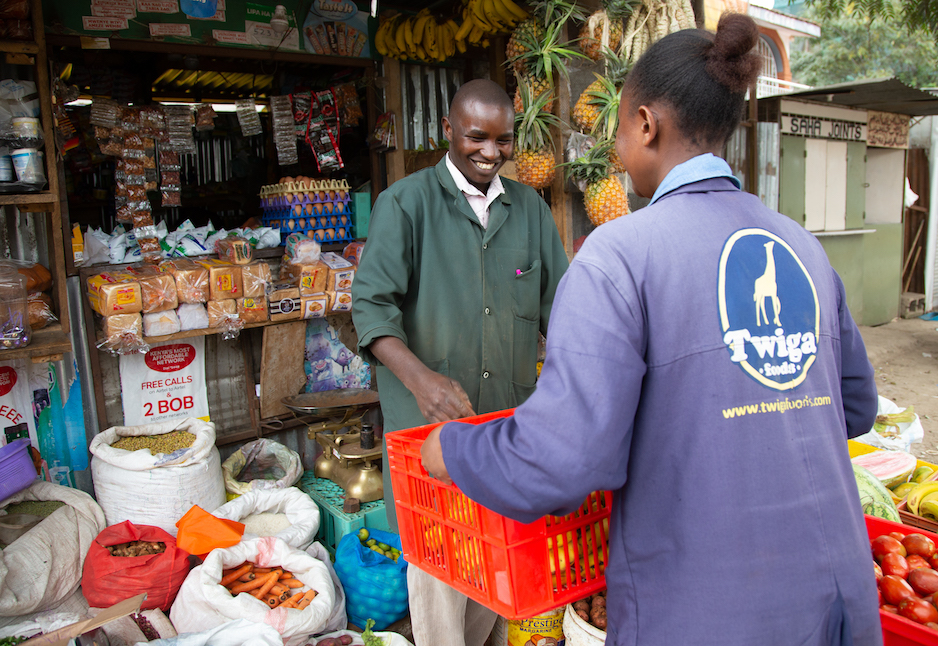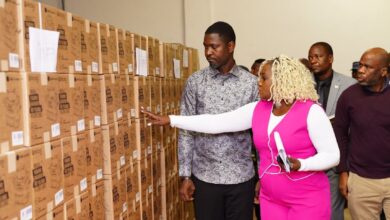
The International Fund for Agricultural Development (IFAD) and the East African Development Bank (EADB) have today signed a co-financing agreement to increase their impact through combined investment in IFAD’s projects for rural development and food systems transformation in East Africa. The ceremony took place during the UN Food Systems Summit +4 Stocktake in Addis Ababa, Ethiopia.
“Partnering with public development banks like EADB is increasingly important at a time when we need to achieve maximum impact with fewer resources,” said IFAD President, Alvaro Lario. “Representing two-thirds of formal financing to agriculture, these PDBs can play a key role in transforming food systems making them more sustainable, inclusive, and resilient for rural farmers.”
IFAD and EADB will co-finance projects across IFAD’s portfolio in East Africa. Africa is a central focus for IFAD, where over half of its 182 ongoing programmes are located. IFAD has invested nearly US$2.3 billion in 51 ongoing investment projects across the 22 East and Southern African countries.
“Today, IFAD and EADB are formalizing a shared vision through this co-financing framework agreement rooted in our mutual commitment to promote sustainable and inclusive socio-economic development in our farming communities,” said EADB Ag. Director General Benard Paul Mono. “Together, we will support programs that mechanize agriculture and help farmers graduate from subsistent farming and make it more resilient to climate change effects. We will work together to strengthen agricultural value chains and unlock opportunities that transform farms into businesses to improve their living standards.”
The agreement will strengthen collaboration and mobilize additional resources to finance agricultural value chains rural infrastructure, and climate resilience – contributing to improved livelihoods and long-term sustainability for small-scale farmers and rural communities. The partnership reflects both institutions shared commitment to boosting rural prosperity and accelerating the implementation of national food systems pathways in East Africa.
Partnerships like this between IFAD and EADB are an example of the collaboration needed to boost investment in Africa to realize its huge potential to grow more food, increase small agribusinesses, provide jobs for youth, and contribute to healthy diets and rural and national economies. Africa faces challenges feeding its growing population, with about one African in five being unable to afford a healthy diet. With the right support, Africa’s 33-50 million smallholder farms, which provide livelihoods to hundreds of millions of people, can play a pivotal role in the continent’s economy and food systems.






